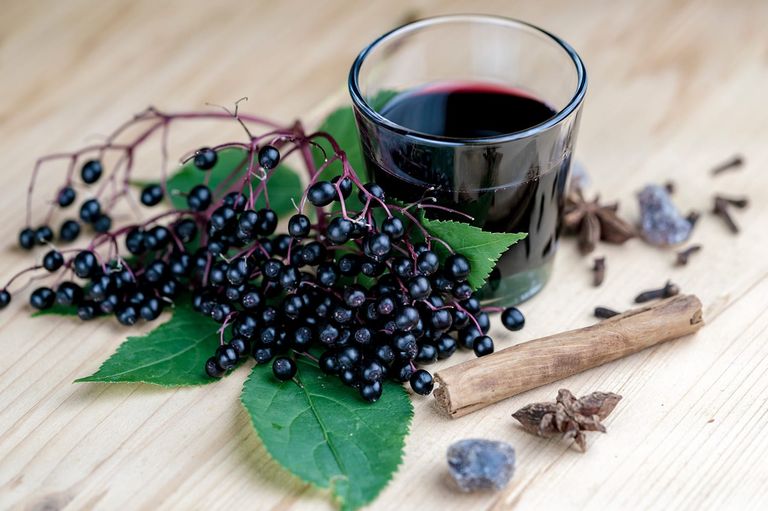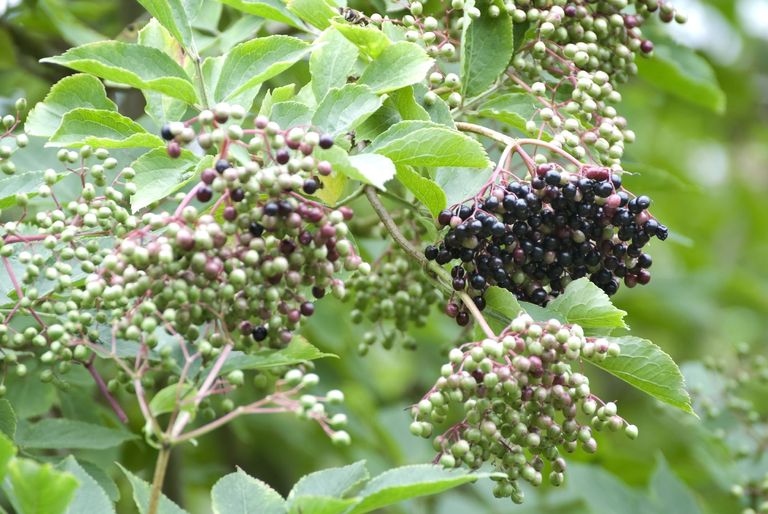Hello my name is Elderberry
#Taste: tart-sweet, earthy, bright

#Black elderberry (my favorite) will not only fight fever and alleviate cough, but additionally, thanks to the large amount of vitamins and minerals, it will strengthen the body, which will deal with the infection faster.
#The flowers and the fruit of the elderberry have the strongest healing properties.
#Elderberry flowers contain a lot of flavonoids and phenolic acids, as well as organic acids, sterols, oil, tannins, triterpenes, and mineral salts.
#Such a composition of ingredients determines the diaphoretic and antipyretic properties of the flowers.
#Moreover, they also act as a diuretic, seal the walls of capillaries and improve their elasticity.
#Due to their anti-inflammatory properties, they are also used to rinse a sick throat and compresses in conjunctivitis.
#Elderberry fruits hide an even greater variety of valuable substances: incl. anthocyanin glycosides, pectins, tannins, fruit acids, vitamins (especially vitamin C and provitamin A), mineral salts (calcium, potassium, sodium, aluminum and iron).
#In addition to diaphoretic and diuretic properties, they also have a slightly laxative and analgesic effect.
A recipe for a decoction of elderberry flowers
Pour a tablespoon of elderberry flowers in a glass of cold water, bring to a boil and simmer for 5 minutes. Set aside for 15 minutes, strain. Drink 1/3 cup 2-3 times a day as a diaphoretic, antipyretic and diuretic.
Elderberry juice recipe
Heat the elderberries in a pot until they release the juice, rub them into a pulp and squeeze through gauze. Boil the juice with honey (1 part honey to 10 parts juice), pour into dark bottles. Drink a glass of diluted juice 2-3 times a day (add 50 g of juice to it with hot water) in case of a cold, digestive disorders, neuralgia.

Bonus
#Elderberry bushes often grow so fast that they resemble trees.
#Their tiny white flowers, gathered in umbels, are very decorative, but have a rather unpleasant smell.